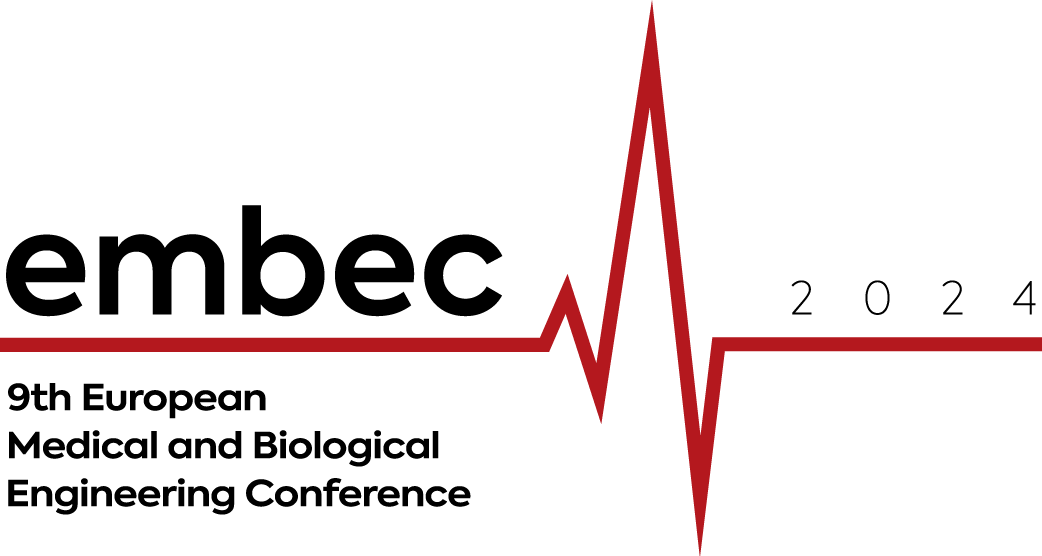IFMBE Scientific Challenge
Scientific Challenge of EMBEC2024
Announcing the results
1st place: Francesco Bassi, Simone Kresevic, Alessandro Biscontin, Aleksandar Miladinović, Miloš Ajčević, Agostino Accardo
2nd place: Jacopo Vitale, Martina Sassi
Introduction
Welcome to the IFMBE Scientific Challenge Competition of the 9th European Medical and Biological Engineering and Computing Conference (EMBEC 2024). In this edition of the IFMBE Scientific Challenge, the goal is to predict responses of genetically modified HEK (human embryonic kidney cells) to pulsed electric fields. The motivation includes finding new relationships between the shape and size of the cells and their influence on the response of intracellular Ca2+ concentrations as a response to stimulation with pulsed electric fields.
Context
Electroporation is a phenomenon in which the permeability of the cell membrane to ions and small molecules is temporarily increased after exposure to high intensity electric field pulses. Electroporation is used in various fields of medicine. The electrical pulses used in electroporation-based treatments have been shown to affect the excitability of muscle and nerve cells. However, understanding the interplay between electroporation and electrophysiological response of excitable cells is complex because both ion channel gating and electroporation depend on dynamic changes in transmembrane voltage. In the context of cell excitation, calcium ion influx is also particularly important for muscle cells because it is directly involved in the molecular machinery responsible for muscle cell contraction.
PDF with complete and detailed instructions (updated 16 February!)
Download the PDF with the complete and detailed instructions describing the Challenge itself and containing all the information relevant to your participation (updated 16 February!).
Download the EMBEC2024 Scientific Challenge Detailed Instructions
Register for the challenge
Please register using the form on the dediated page accessible via the link below. Access to the dataset and example code will be provided in the automated email you will receive after successfully filling in and submitting the registration form.
Important dates
The challenge consists of a single phase in which participants will be given full access to the data (except for the test set). The participants will be able to submit their solutions in the form of Matlab or Python code and will receive feedback in the form of a score within a few days. Participants will be able submit multiple solutions and the best score will be counted for the final ranking.
| Date | Milestone |
|---|---|
| 15 November 2023 | Challenge Registration opens and final criteria for evaluation are published |
| 15 November 2023 | Data access and example code is available to registered participants (registration is now available – see above) |
| 18 November 2023 | Challenge is open for submissions |
| 13 February 2024 22 February 2024 |
Deadline for submission of contest entries (extended) |
| 18 February 2024 25 February 2024 |
Deadline for full paper submission (extended) |
